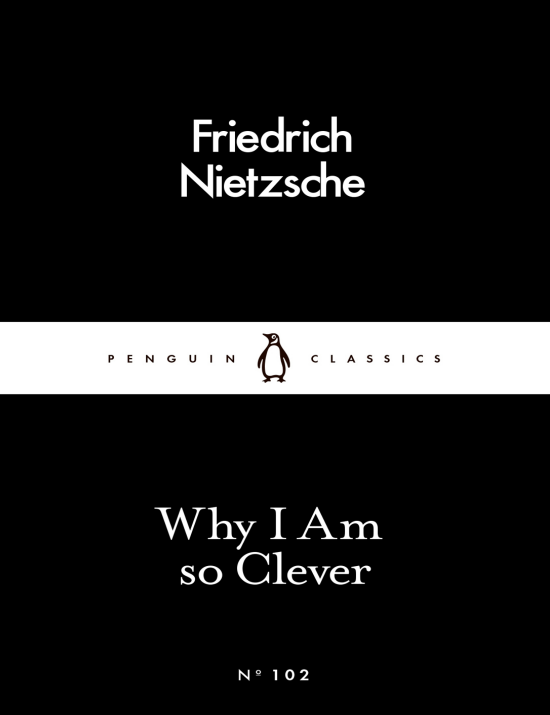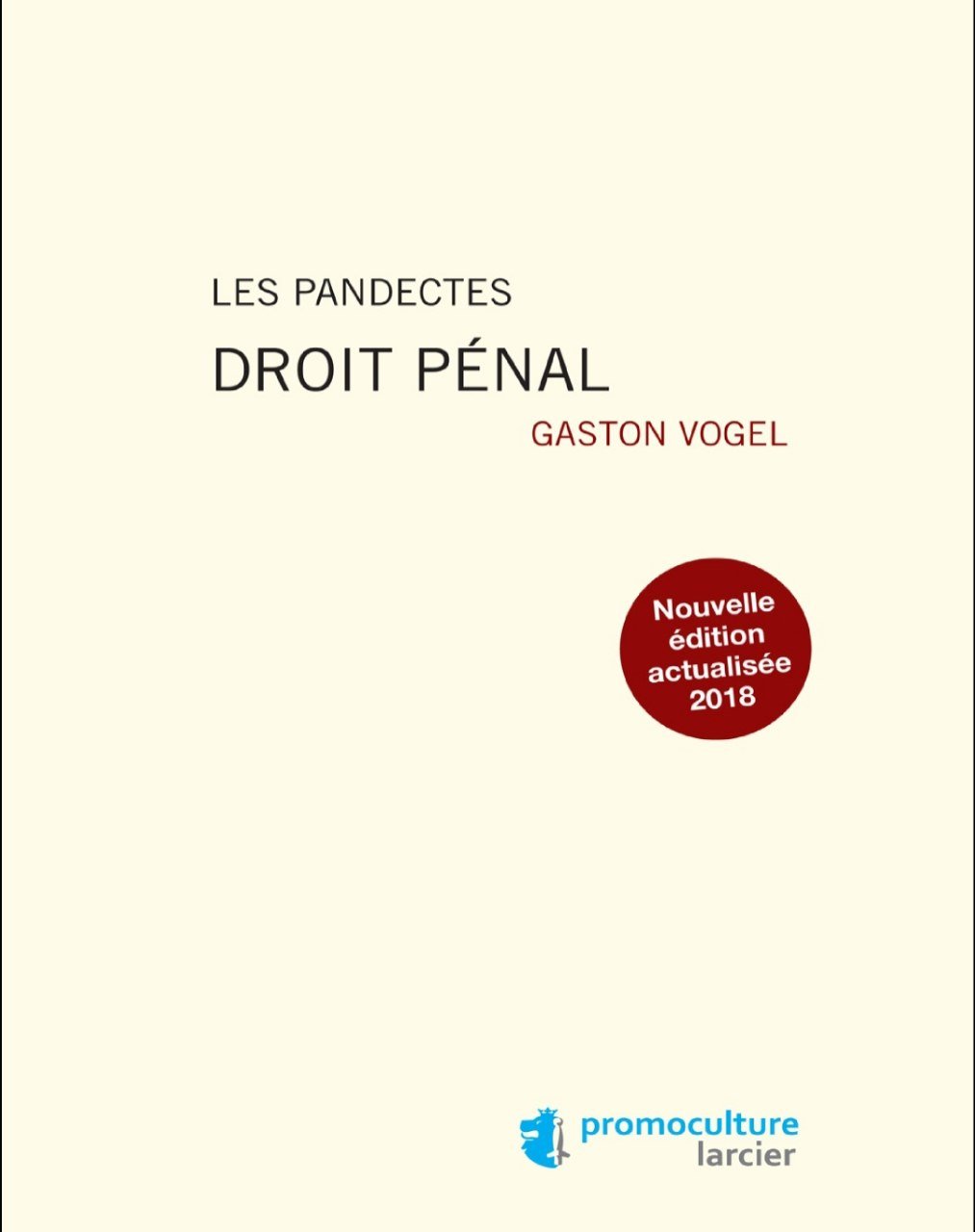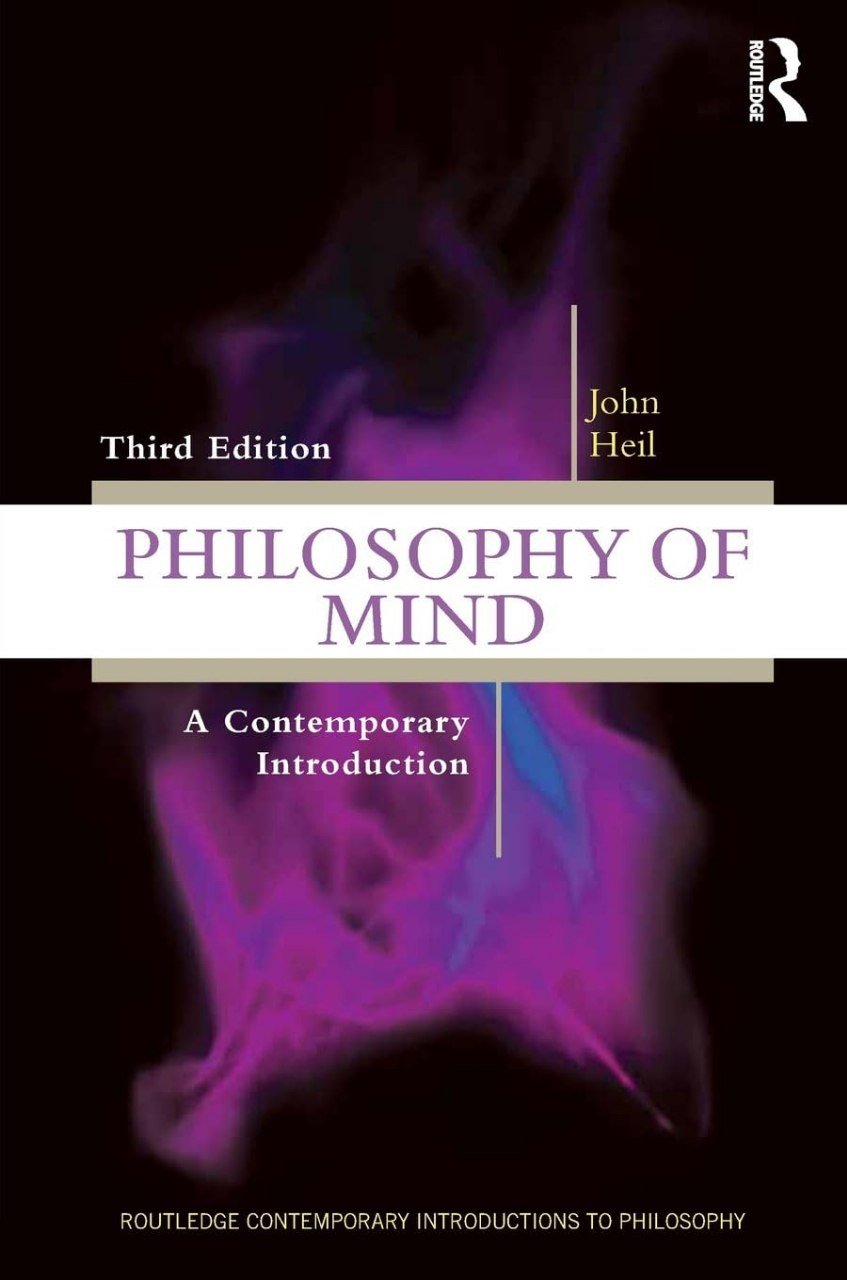

Time: Language, Cognition & Reality
Reviews
No review yet. Be the first to review this book!
Description
"Time: Language, Cognition & Reality" by Kasia M. Jaszczolt and Louis de Saussure explores the intricate relationship between time, language, and cognition. The book addresses how human beings understand and communicate time, with a focus on how temporal concepts are embedded in language and the cognitive mechanisms that underpin our perception of time. At the core of the book, Jaszczolt and de Saussure investigate the linguistic expression of time, delving into how various languages structure and convey temporal concepts. They analyze the grammatical tools used to express tense, aspect, and modality, and how these structures are influenced by cognitive processes. The authors aim to bridge the gap between linguistic theory and philosophy of time, providing a deeper understanding of how cultural and cognitive frameworks shape our understanding of temporal reality. The book takes a multidisciplinary approach, combining insights from linguistics, cognitive science, and philosophy to address key questions, such as: How do we talk about time in different languages? How do languages encode future, past, and present events? And, how does the mind conceptualize the flow of time? By examining various temporal expressions across languages, the authors reveal that there are universal patterns in how humans think about time, but also significant language-specific differences. Jaszczolt and de Saussure delve into the cognitive models that guide our understanding of time, including the concept of the "mental timeline", where events are mapped out in the mind according to their temporal relationship. They explore how our internal representations of time influence how we organize and interpret events in the world around us. In addition, the book discusses the philosophical implications of time as both a linguistic and cognitive phenomenon. How do we reconcile the linear flow of time, as represented by language, with the more complex, non-linear nature of time as it is understood in some philosophical traditions? The authors also consider the tension between absolute and relative notions of time, examining how temporal expressions reflect these varying understandings. "Time: Language, Cognition & Reality" ultimately contributes to our understanding of the cognitive-linguistic foundations of how time is perceived and communicated, and how this understanding shapes our engagement with the world. It is an essential read for anyone interested in the intersection of language, cognition, and philosophy, offering a comprehensive exploration of how humans relate to the concept of time through both linguistic and mental constructs.

























.jpeg)


.jpg)

.jpg)


.jpeg)






.jpeg)
.jpg)
.png)




.jpeg)




.jpeg)
.jpg)









.jpg)















.jpg)
.jpg)


.jpg)























































